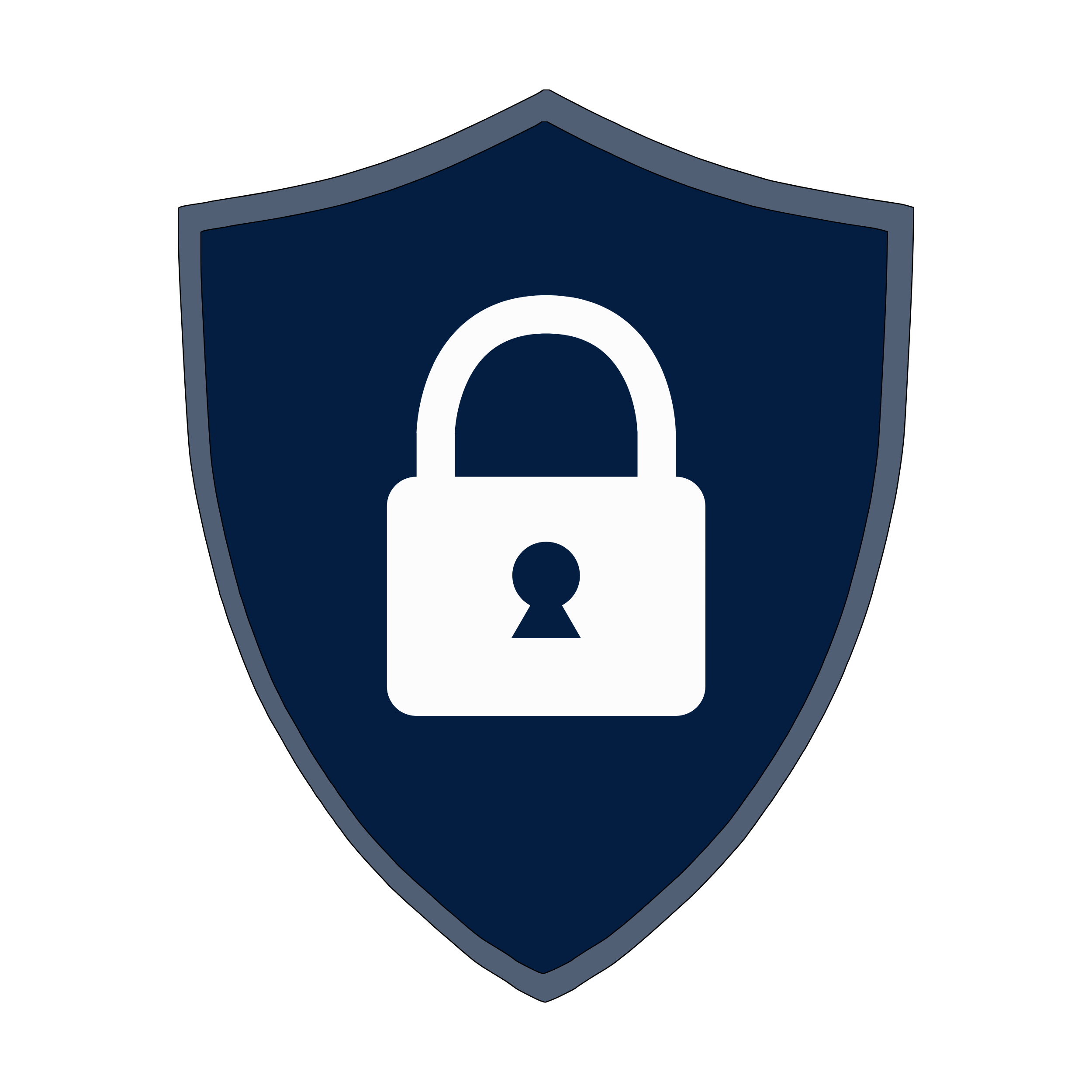-
Avoid Phishing Emails
Phishing emails are malicious messages sent by cybercriminals. These messages can contain links to sites containing viruses and attachments that could install viruses on your computer.
- Only click on links you know are safe.
- Only open attachments you are expecting.
- Never reply to emails requesting personal information like your username and password or account information.
-
Maintain Privacy on Social Media
It’s always tempting to share things on social media, but sometimes, the things we share can be used against us. So how do you avoid becoming a victim?
- Don’t disclose information about work on your personal use social media sites.
- Keep your privacy settings up to date.
- Don’t compromise others by tagging them in photos.
- Remove anything you would prefer to stay private.
- Remember, you are your own best privacy advocate. What you share is your choice — so make it a responsible one.
-
Secure Your Accounts
To keep others from accessing your accounts, utilize some of these suggestions:
- Create a complex username. Never use any part of your name as your username. This will make it much easier for a hacker to guess.
- Use a complex password. Use an alpha/numeric password with some special characters added. This will make your password harder to crack. Avoid using the same password across multiple sites.
- Never share your password!
- Only use trusted Wi-Fi to access financial information. Be wary of Free Wi-Fi Hotspots.
- Password protect your device or use some sort of biometrics like Face ID or fingerprint.
-
Secure Your Personal Checks
Thieves use your personal information on your personal checks to create counterfeit checks that will drain your account. Here are some guidelines that we have created to reduce your risk of fraudulent activity on your checking account.
- Keep ALL your checks in a safe place and properly discard, blank, old, and cancelled checks.
- Limit the information you add on your personal checks.
- If you have made an error when writing a check, be sure to discard of it properly and write “cancelled” across it.
- If you have lost your checks or if they have been stolen, contact us immediately 803-736-3110.
- Use alternatives to check-writing, like paying online, setting up automatic payment or using our Online Banking to sign up for Bill Pay.
-
Getting Suspicious Texts or Calls?
We will never contact you by phone or by text asking for personal account information, such as passwords, PINs, credit/debit card numbers or other confidential information. The only time we will ask you to provide certain information is when you call us directly and we need to verify your identity. Remember to always ask questions if you are unsure why information is being asked from you to ensure you are safe.
Protecting Your Information
With the constant growth of technology, scammers are finding new and creative ways to steal personal information. At AllSouth, our goal is to protect you and provide you with the resources you need to protect you and your family from scammers. One of the best ways to protect yourself is to be aware of the current types of scams to look out for.
Remember, that we will never call, text, or email requesting account information such as passwords, PINs, credit/debit card number or other confidential information.
Protecting your money and information is our top priority.
 Advanced Security
Advanced Security
Our Online and Mobile Banking are equipped with the latest security measures.
 24/7 Fraud Protection
24/7 Fraud Protection
Your AllSouth debit and credit cards are monitored for fraud detection 24/7.
 Data Protection
Data Protection
We adhere to industry-standards and regulations related to data security.
What You Can Do
If you suspect that someone has gained unauthorized access to your account, please contact us immediately.
Report Fraud
If you detect unusual activity or have concerns about transactions, call us. At AllSouth, your financial security is important to us.
803-736-3110
1-800-272-0695 (toll-free)
Report Lost or Stolen Debit Card
To report a lost, stolen, or compromised debit card, call us for 24-hour support.
1-800-272-0695 (toll-free)
Report Lost or Stolen Credit Card
To report a lost, stolen, or compromised credit card, call us for 24-hour support.
1-800-588-3424 (toll-free)
